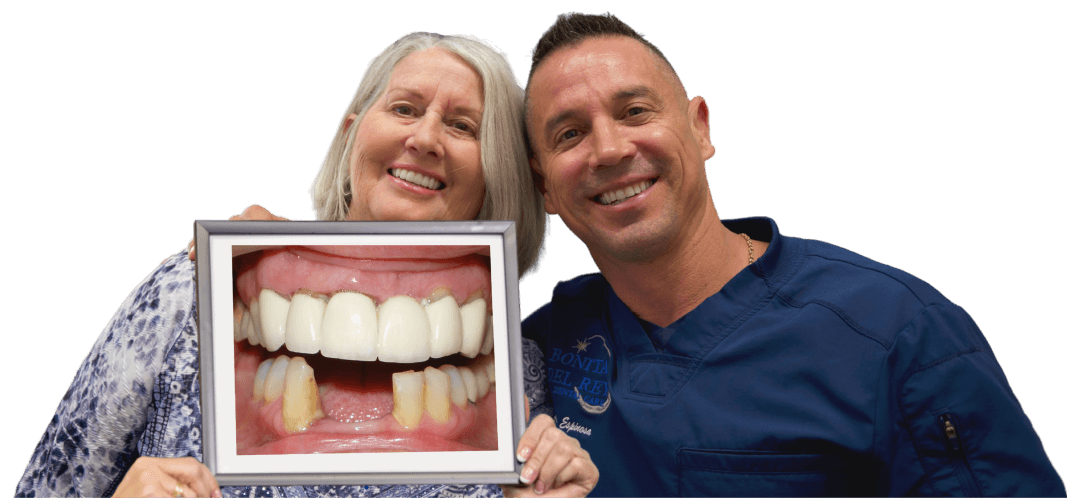It may seem like a daunting question, but if you’re prepared to have your wisdom teeth removed it’s not as bad as it may seem. Despite what you have heard, getting your wisdom teeth extracted is actually a painless and easy procedure. Here are some tips to alleviate any unnecessary stress and get you ready for surgery.
1. Know the Purpose for Wisdom Tooth Extraction.
At this point, your dentist has probably already informed you that you need to have your wisdom teeth pulled. Typically, these teeth are removed between the ages of 17-25 otherwise known as the “age of wisdom.” However, it may be earlier or later for some.
Your wisdom teeth are a third set of molars, which were needed in prehistoric times when we didn’t have dental care. Now that we are keeping healthier teeth and gums than our ancestors, there is little to no room for these additional teeth.
Most often, because there isn’t space in your mouth, when your wisdom teeth try to break through they become “impacted.” This simply means they need to be extracted in order to prevent tissue, bone or gum damage.
2. Understand the procedure.
When you consult with your dentist, ask questions including:
– How many teeth will be extracted?
– What type of anesthesia will I receive?
– Is there any existing damage from the impacted teeth?
– Do you anticipate complications?
– How long will the procedure last?
Wisdom tooth extractions are almost always performed as an outpatient procedure, meaning you go home the same day. The dental staff will make sure you’re prepared with a list of requirements before and after the procedure. This will tell you what you should eat or drink prior to surgery, if you need someone to take you home, and care instructions after.
Depending on the level of procedure, and your comfort, your dentist or oral surgeon will recommend options for anesthesia. There are three typically recommended including: local anesthesia, which is an injection near the site of the tooth extraction; sedation anesthesia, which is an intravenous in your arm and you may remember very little about the procedure; and general anesthesia, where you inhale medication and you will lose consciousness meaning you will have no memory of the procedure at all. Make sure you understand each of these options and feel comfortable with the surgical plan.
During the extraction the dentist will make an incision in the gum tissue, remove bone that blocks access to the tooth root, divide the tooth into sections and remove. They will clean the site once the tooth is removed, stitch the open wound and place gauze over extraction site to control bleeding and clot the blood.
3. Prepare for the aftermath.
When the procedure is over, depending on your anesthesia treatment you will have a short recovery time and then on your way home! Make sure you follow the doctors’ orders during the healing process.
– Bleeding after surgery is common. Try to avoid excessive spitting as to not dislodge the blood clot from the socket.
– You may be able to manage the pain with Tylenol or Ibuprofen, or your dentist may prescribe pain medication as well. Using a cold compress against the jaw will also help alleviate any discomfort.
– There may be swelling and bruising after the procedure, depending on the person. Again, over the counter medication and ice pack will help with healing both.
– Avoid strenuous activity immediately after your surgery and for an additional few days. You will be back to your normal routine in less than a week.
– Drink lots of water after the surgery, and avoid coffee, alcohol, carbonated beverages or anything too hot in the first 24 hours. Do not drink with a straw for at least a week after the procedure as to not dislodge the blood clot in the socket.
– Eat only soft foods within the first 24 hours, and avoid anything hard, chewy or spicy that may irritate the wound.
– You will be given specific instructions to clean your mouth. You won’t be brushing or using mouthwash within the first 24 hours.
– If you are a smoker, you will want to refrain for at least 72 hours to keep the mouth clean and reduce risk of complications.
During the healing process, if there are any issues with breathing, swallowing, fever, excessive bleeding, etc. make sure you contact your dentist immediately.
Source: mayoclinic.org











